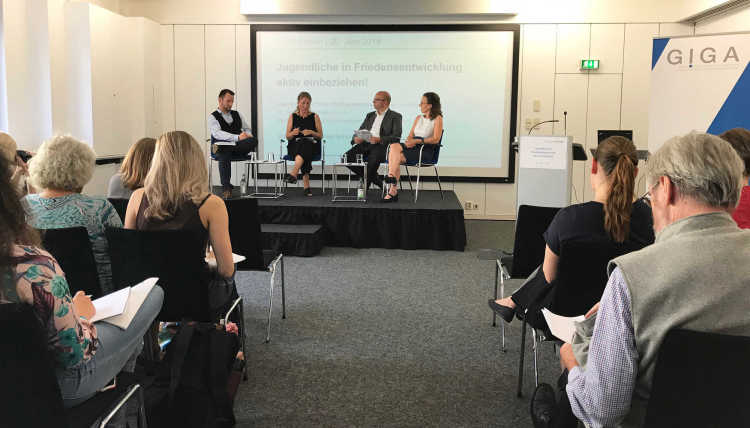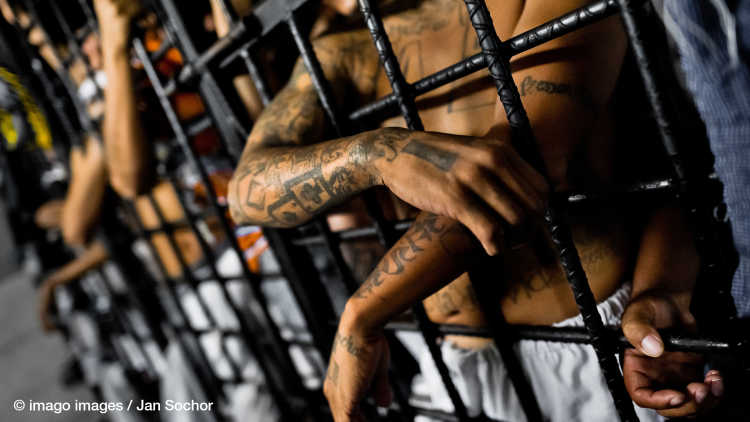- Home
- Research & Transfer
- Research Projects
- Against all Odds - Youth in Post-War Societies
Against all Odds – Youth in Post-War Societies
In many postwar contexts youths are seen as a problem not as an important actor por peacebuilding. The projects analyses what challenges young people face regarding their transitions to adulthood and what enables or limits their participation. Results are based on a medium N-study on 21 postwar contexts and three indepth case studies (El Salvador, Nicaragua, South Africa). The main result is that youth face a generational bottleneck as adults who fought the war still dominate in society, politics, and the economy.
BMZ, 2013-2017
Team
Photo Voice Project
**Photo Voice Project** What are the life-realities of youth in postwar societies? The following photos were taken by participants of focus group discussions in El Salvador, Nicaragua and South Africa in January/February 2015 or by our case study authors. Use the inserted arrows on the left and the right to flick through the images.
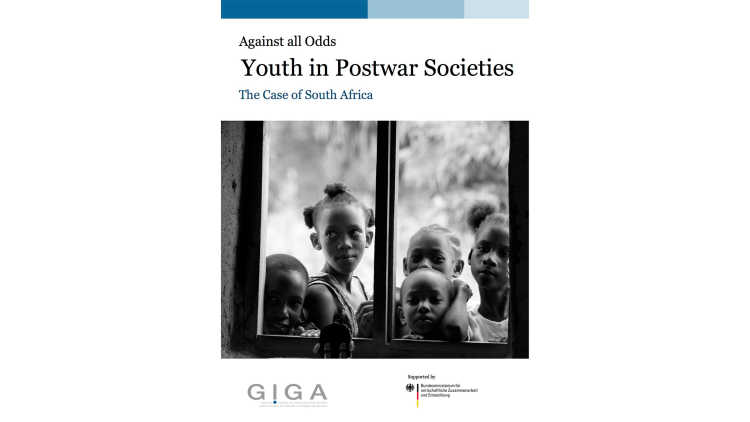
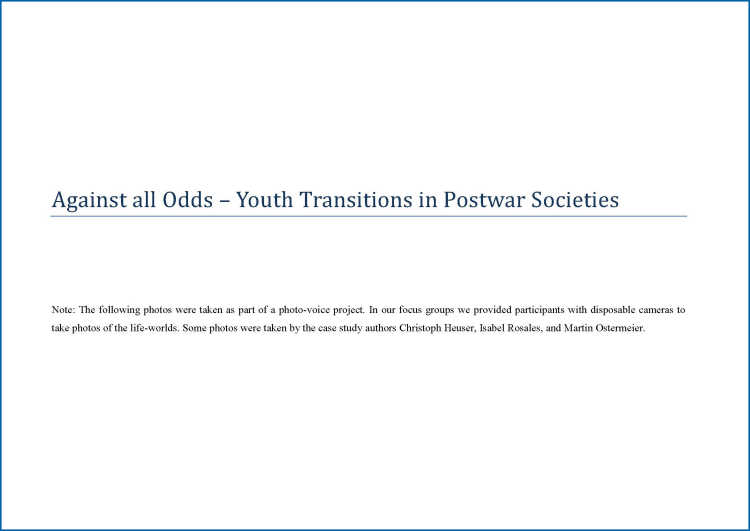
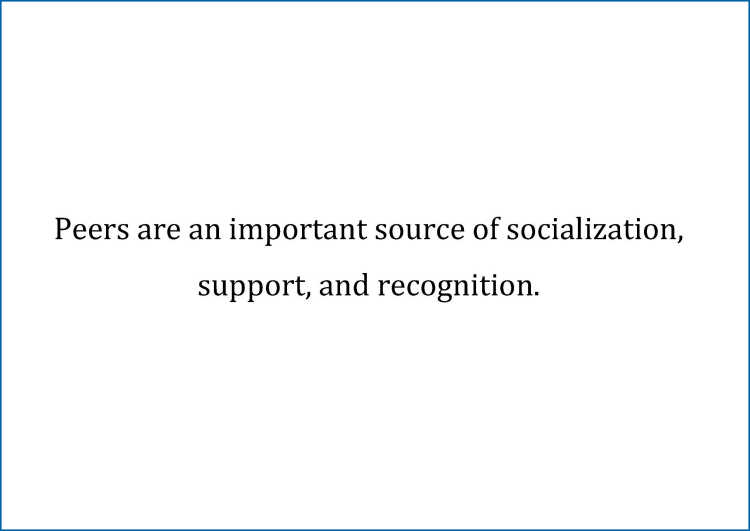
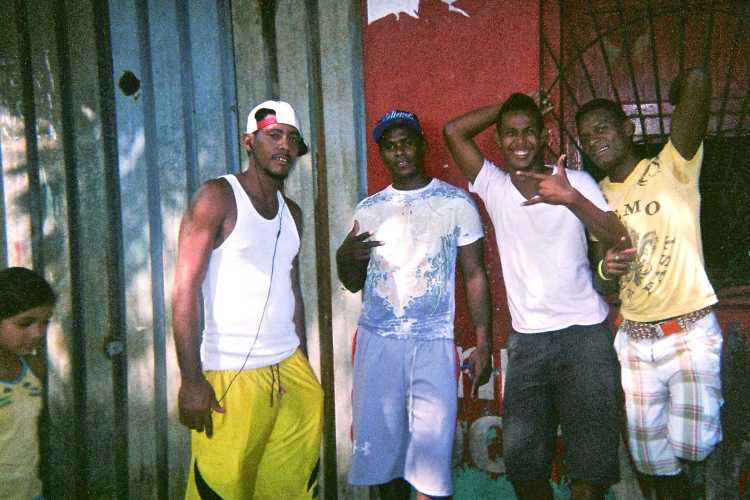
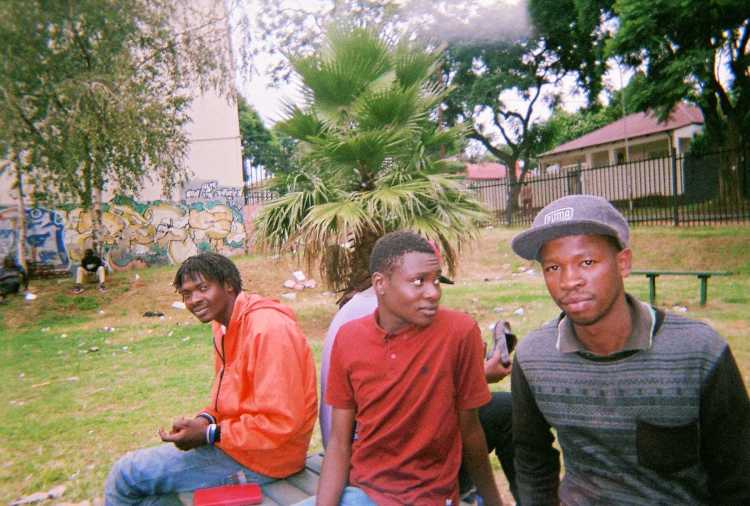
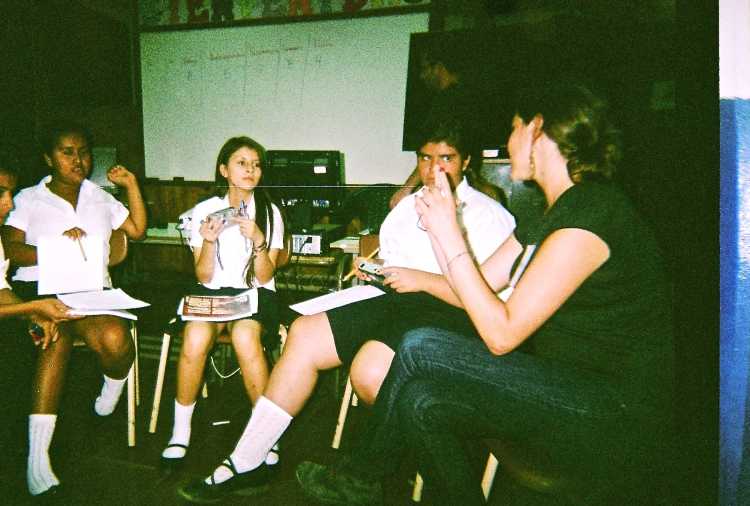
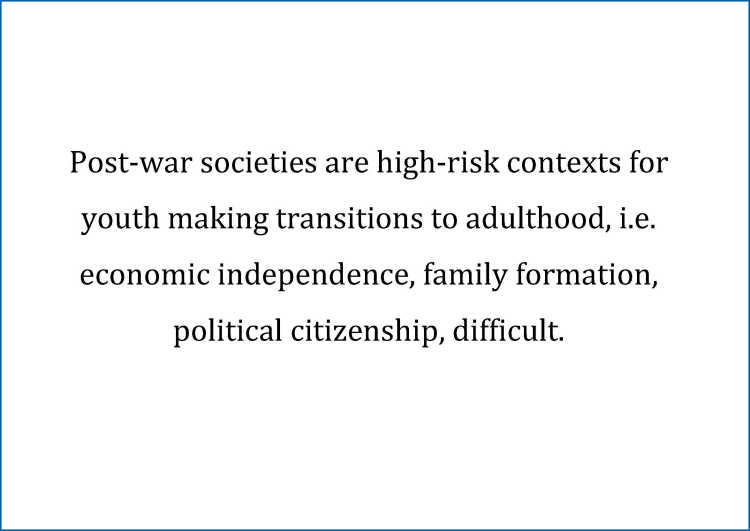
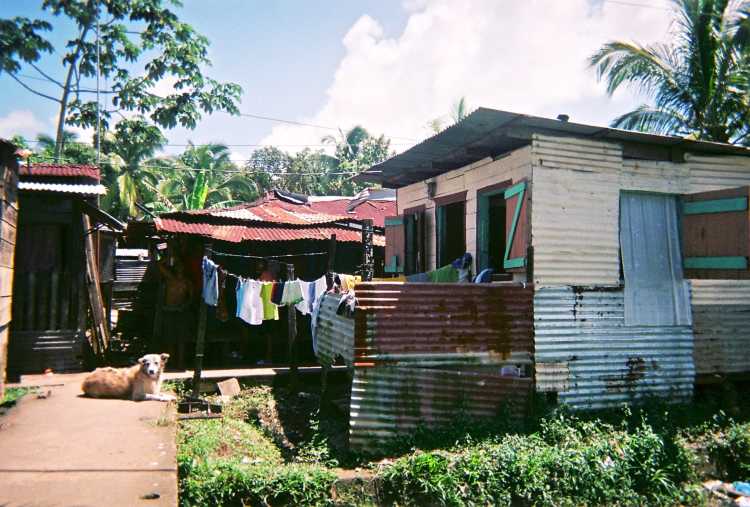
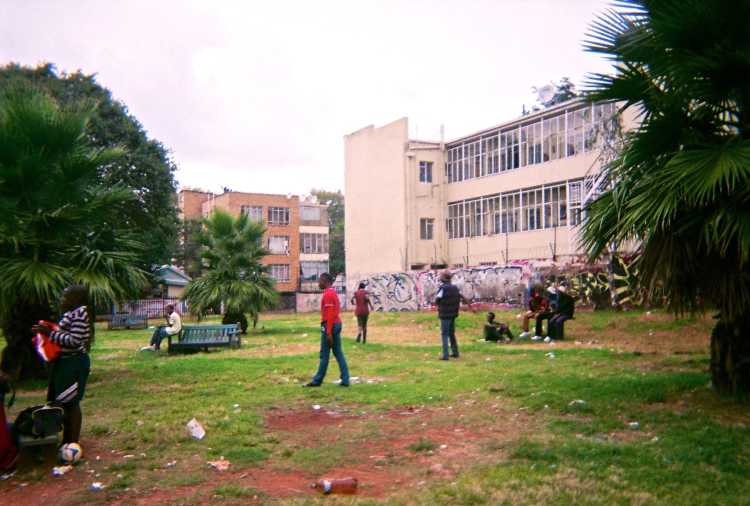


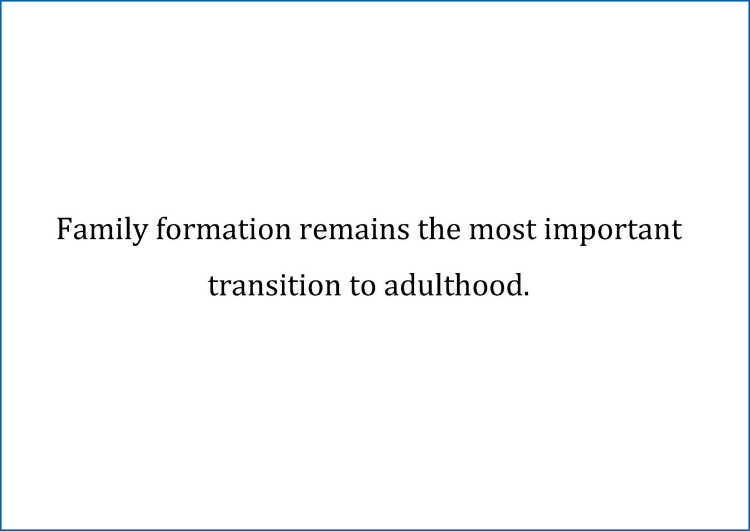
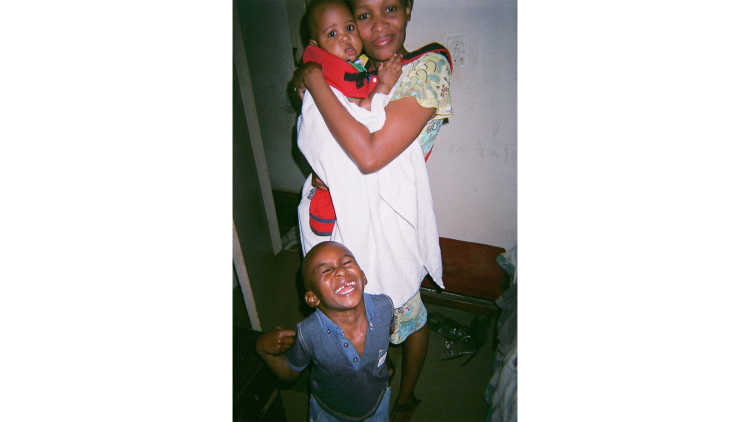
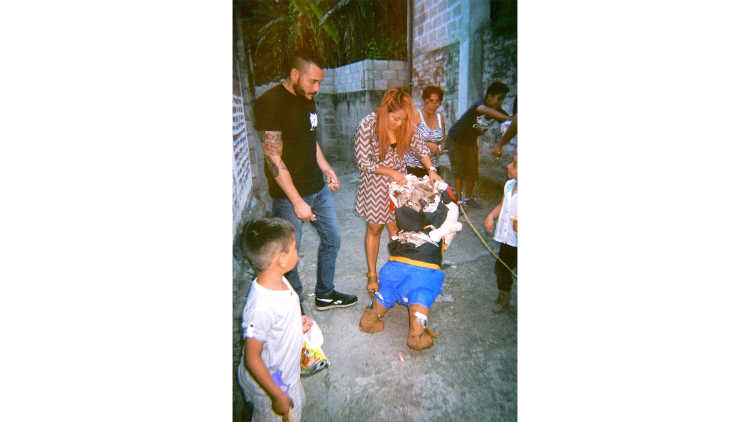
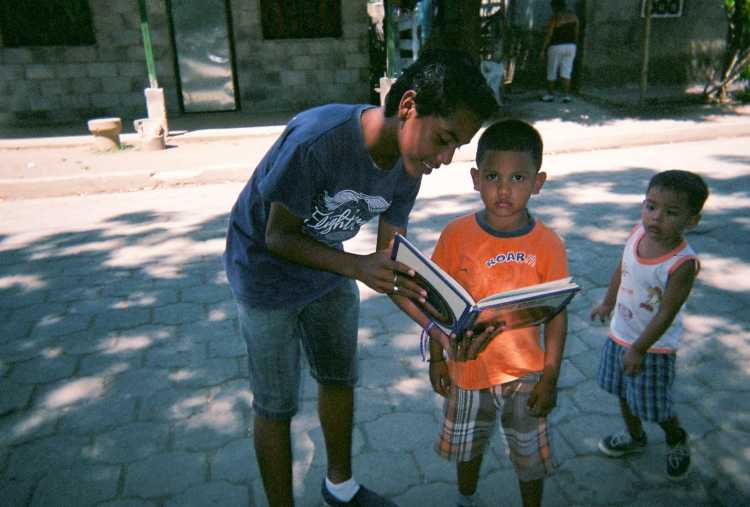
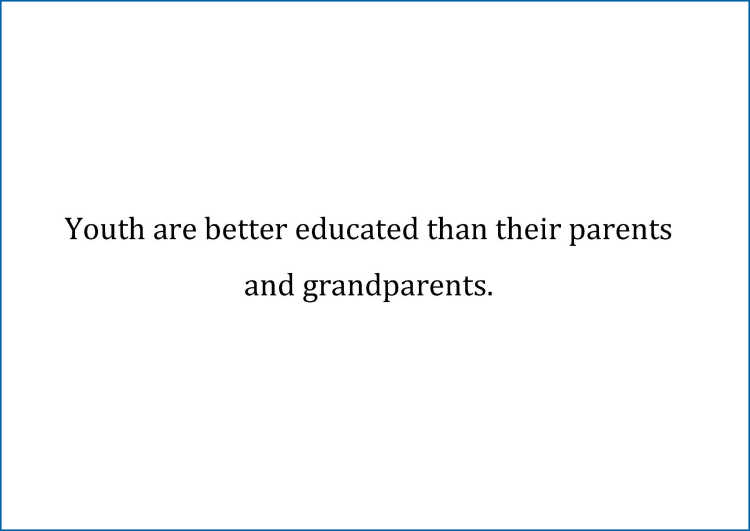

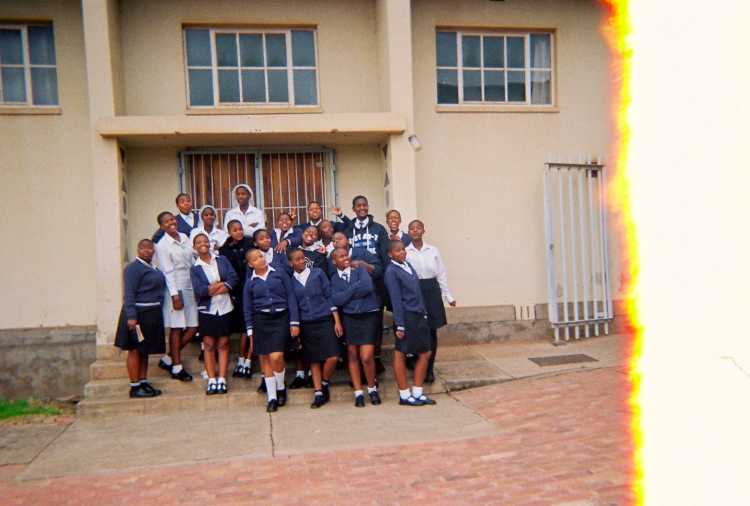
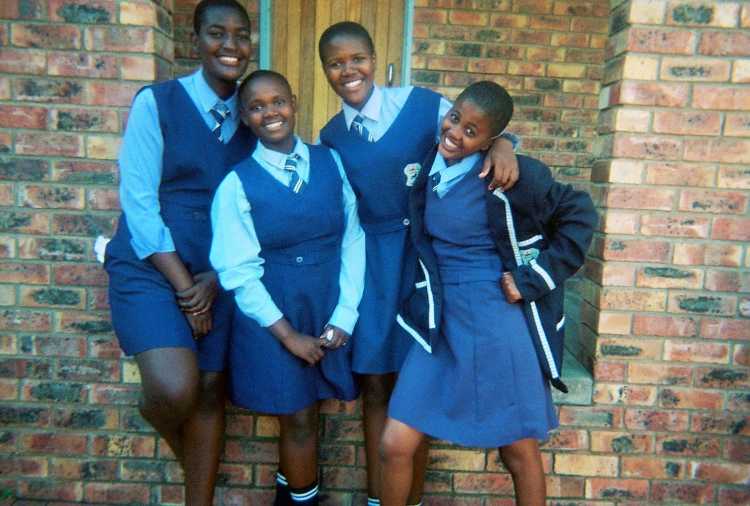

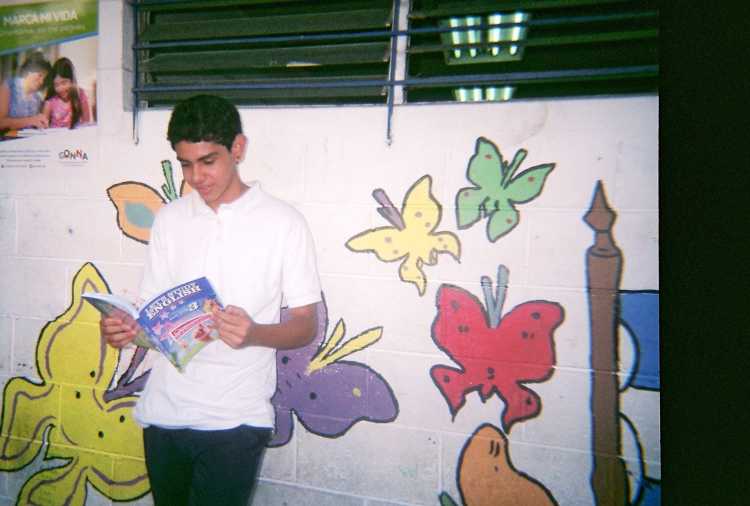
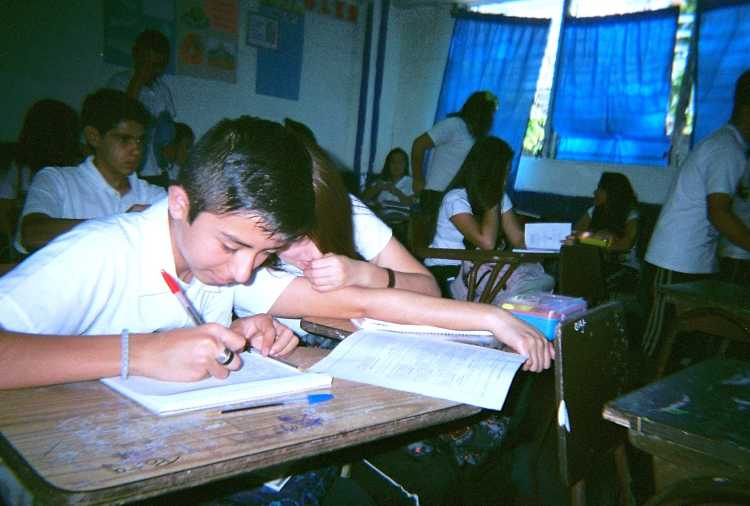
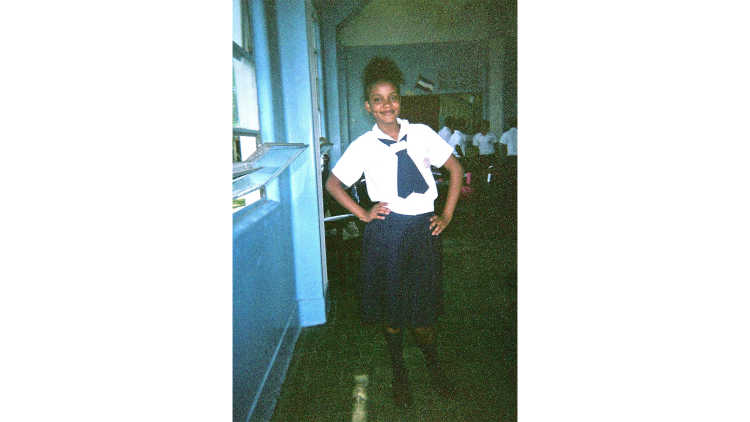
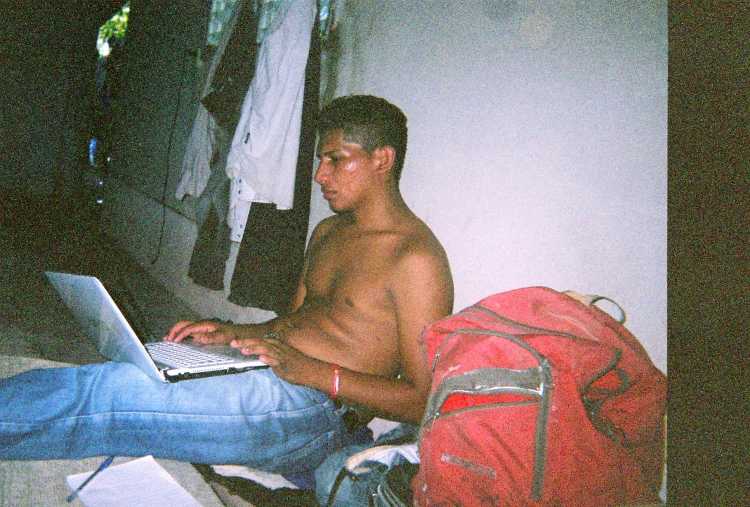
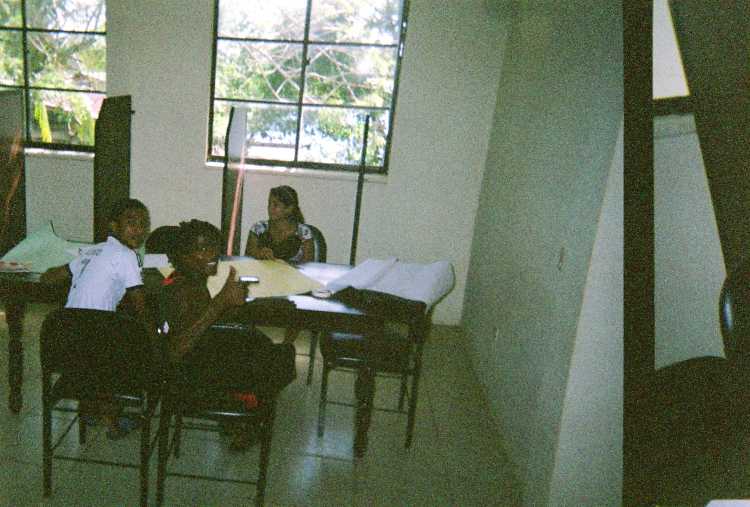
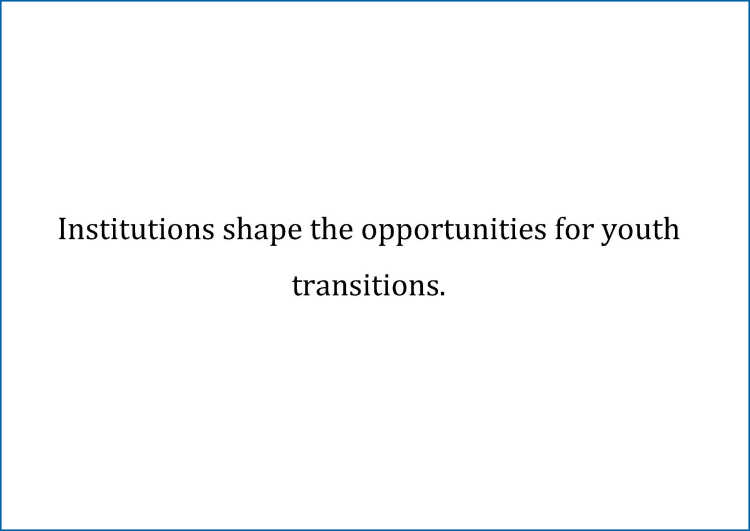
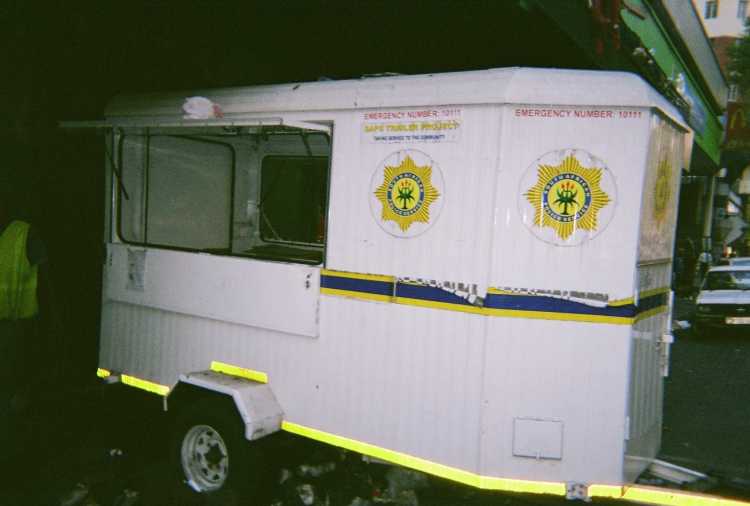
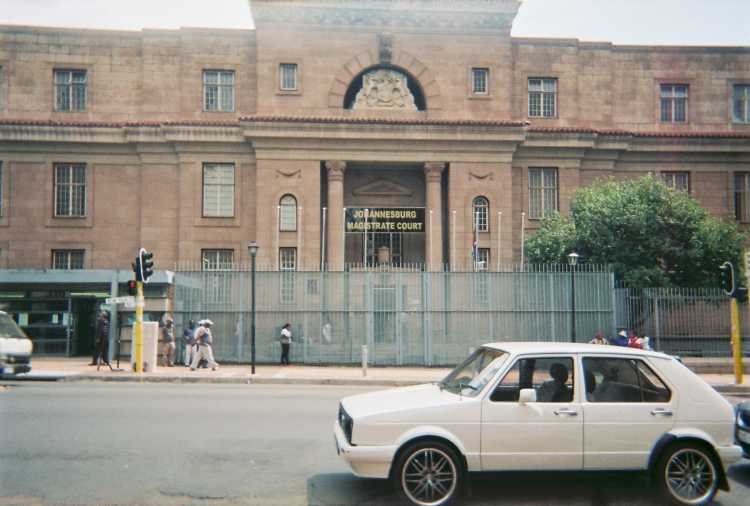
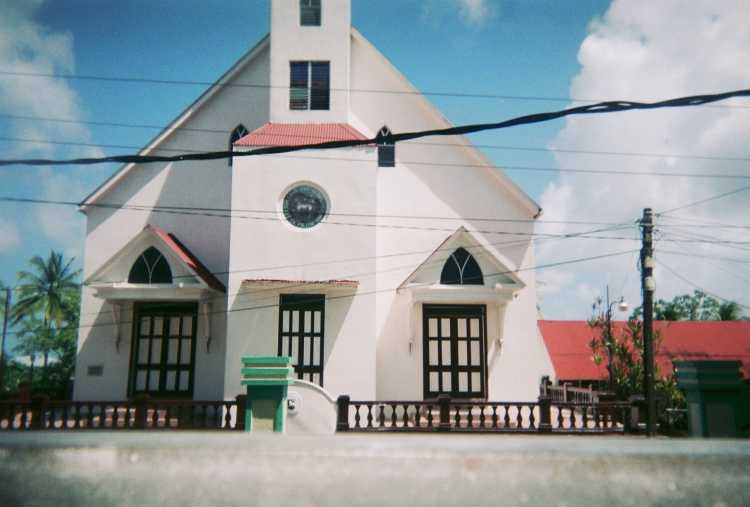

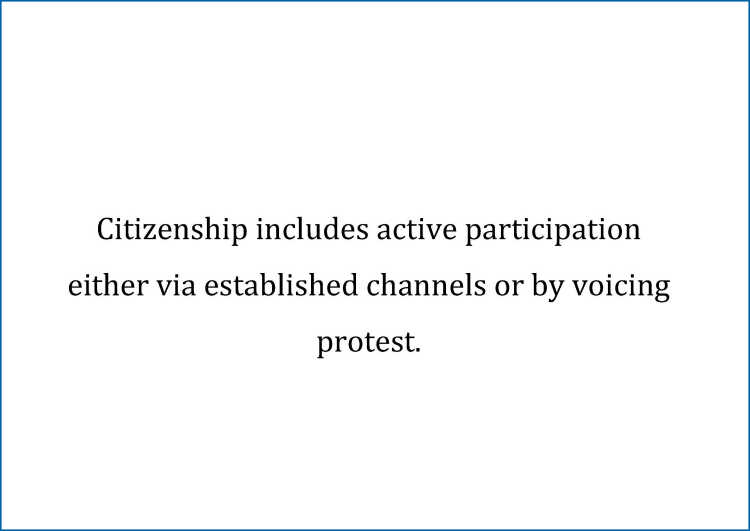
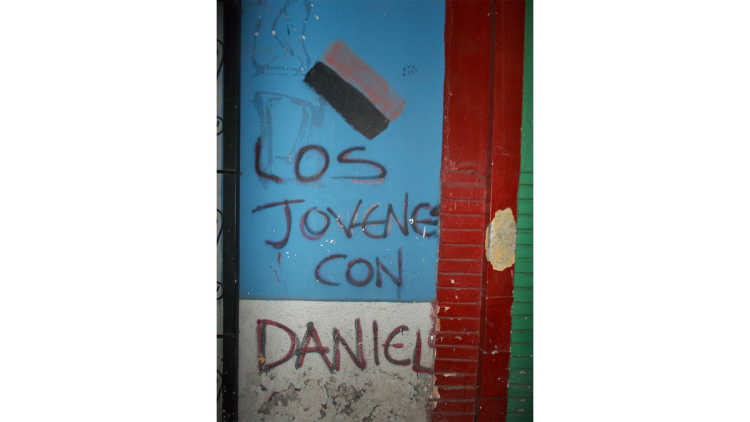
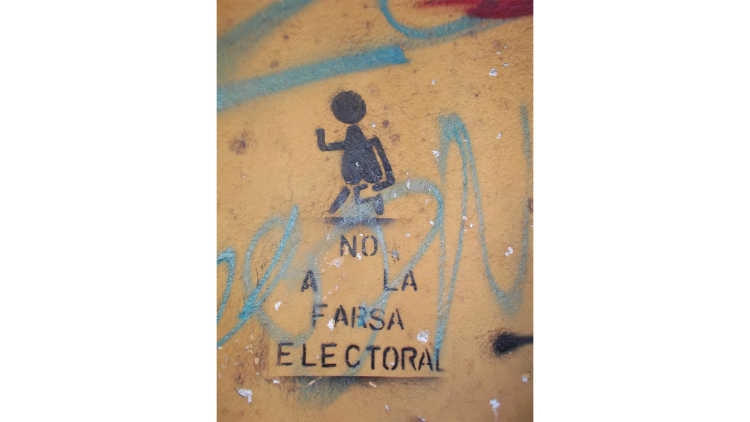
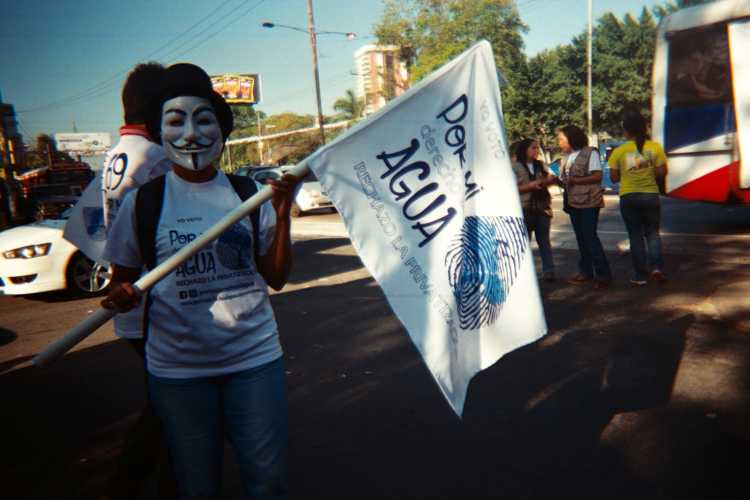
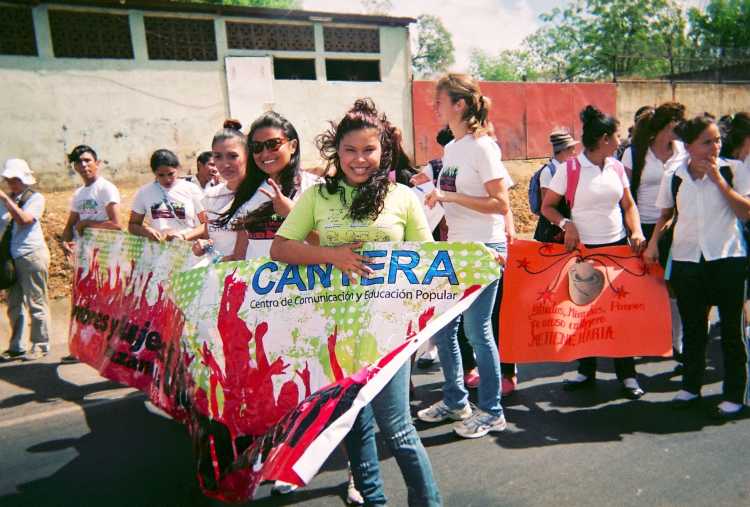
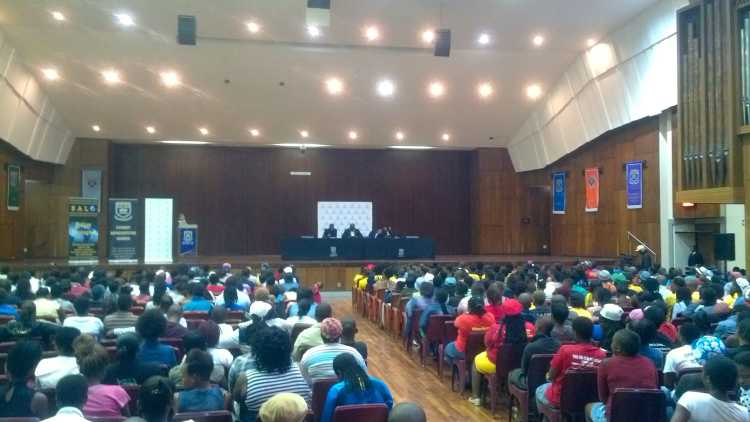

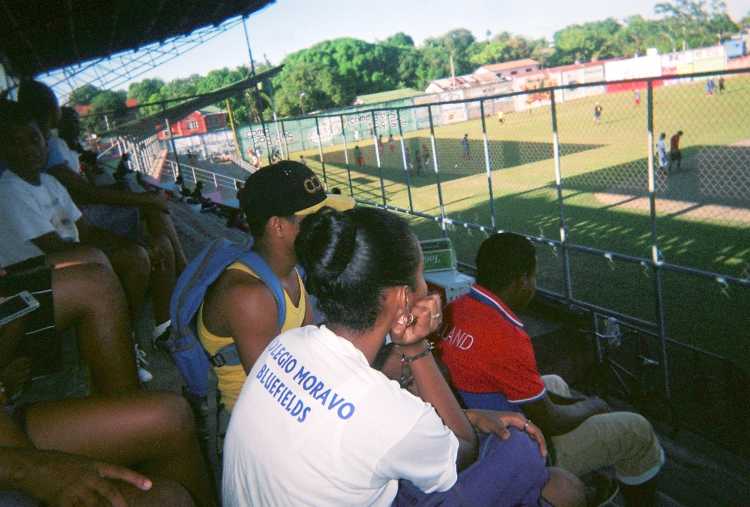
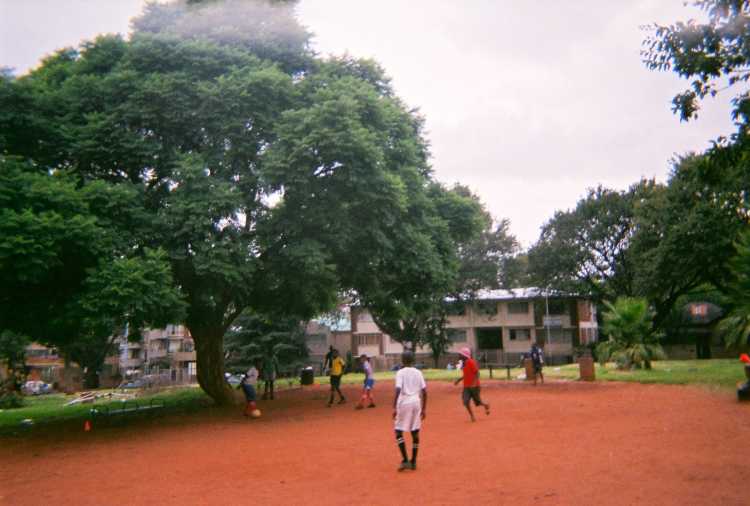

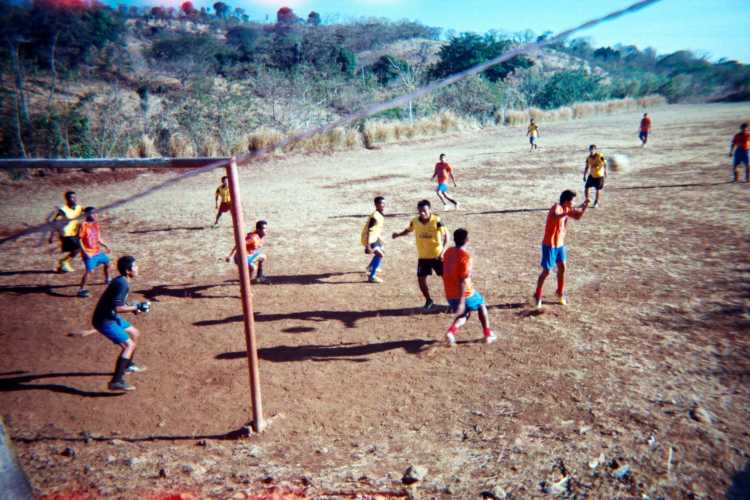
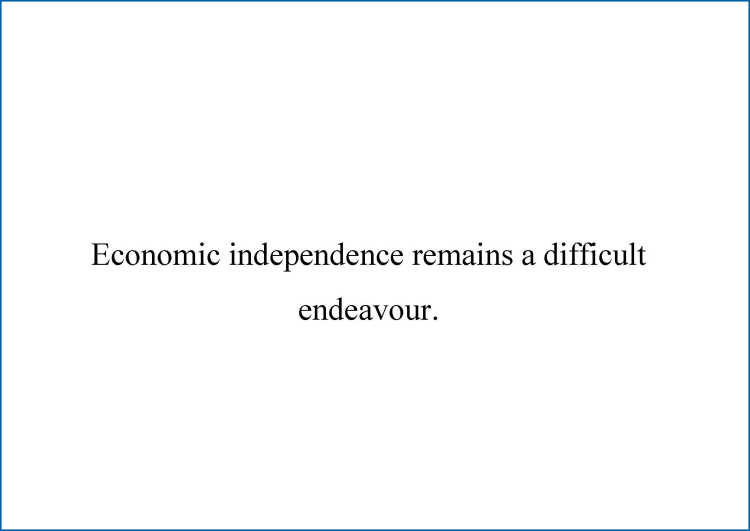
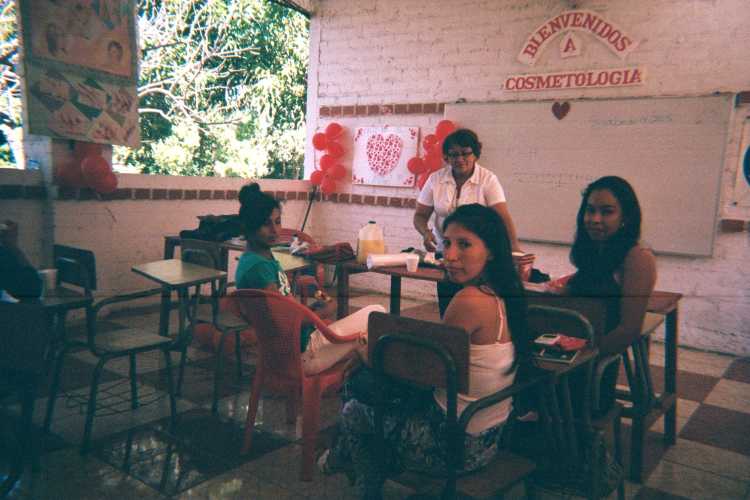

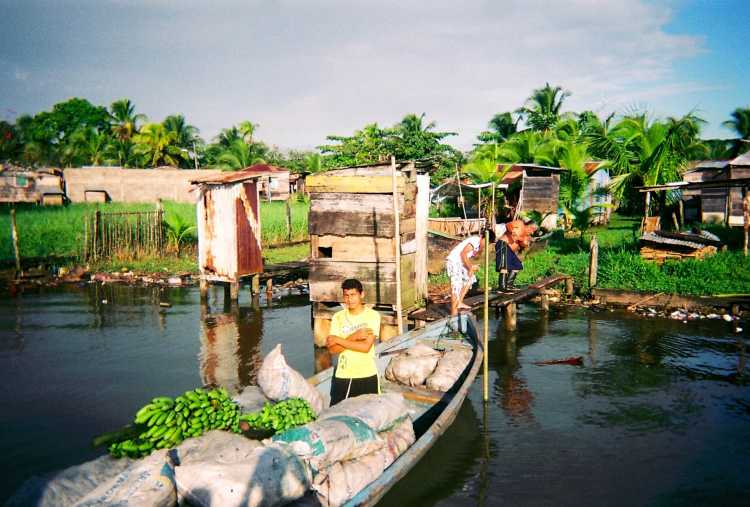
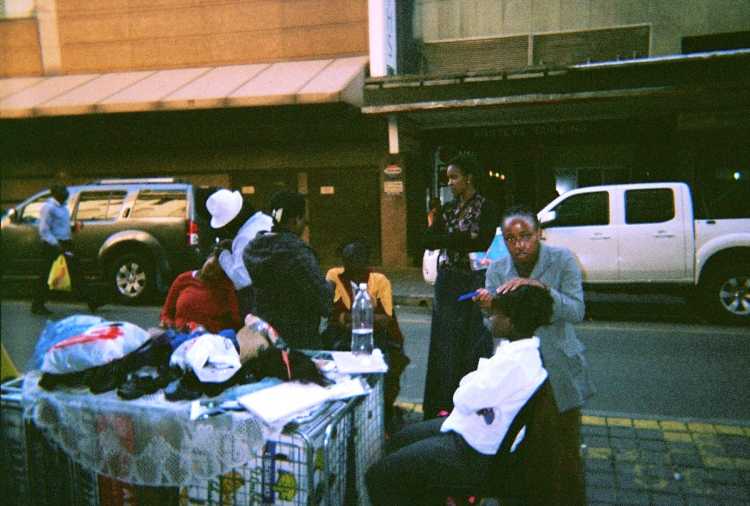
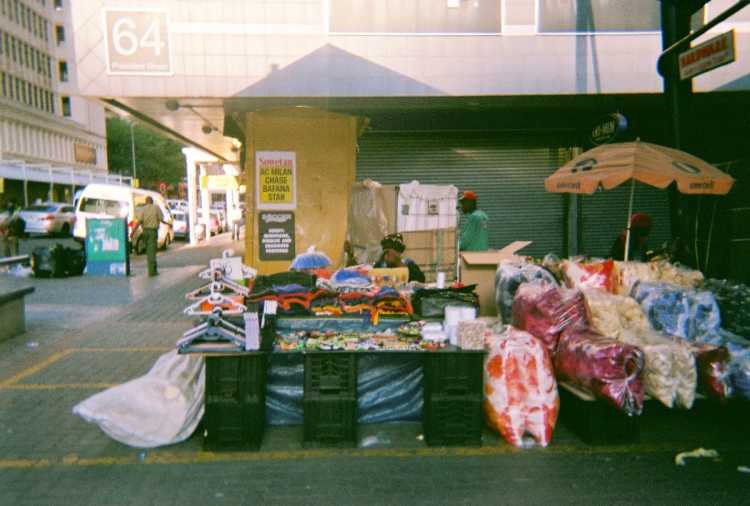
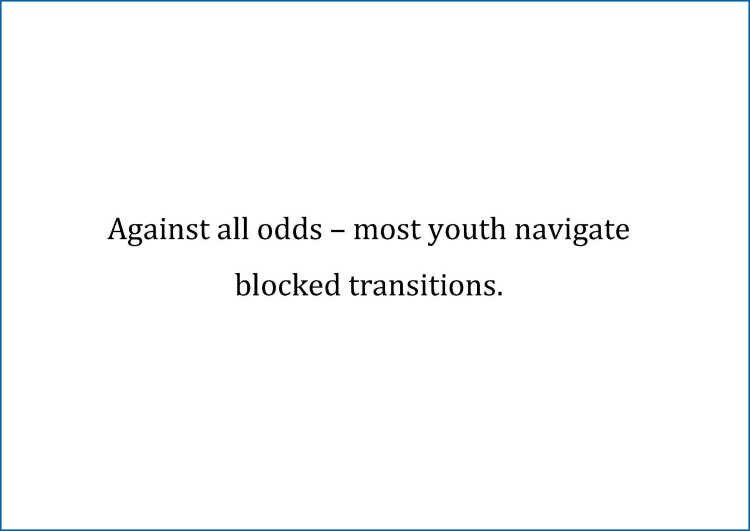

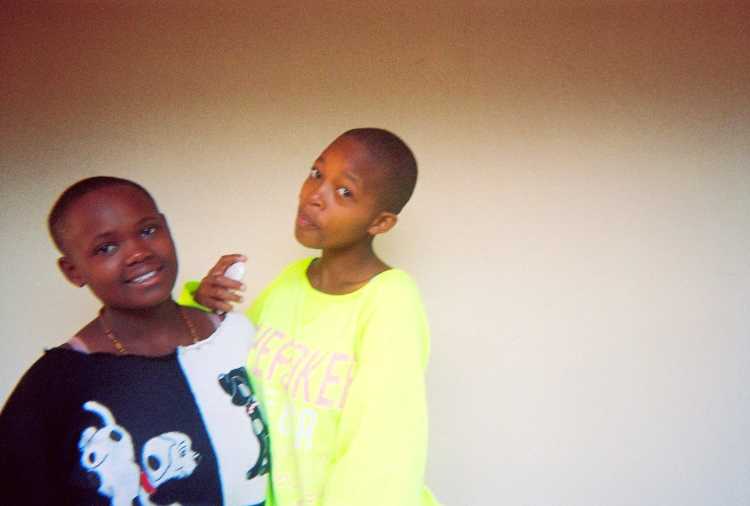
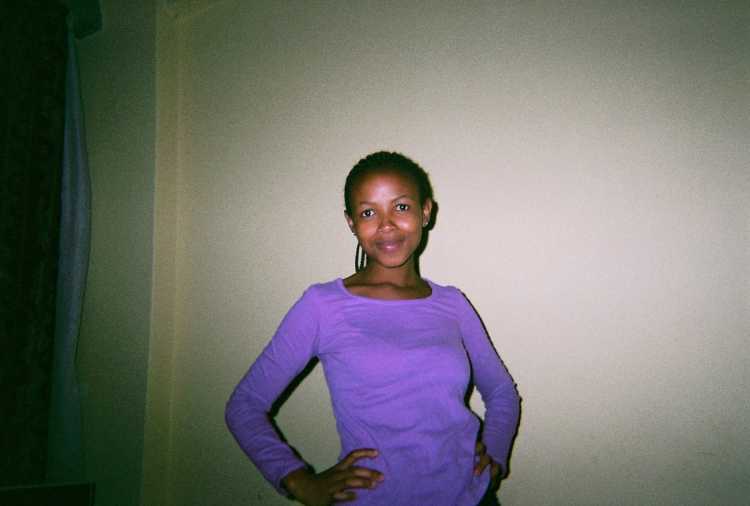
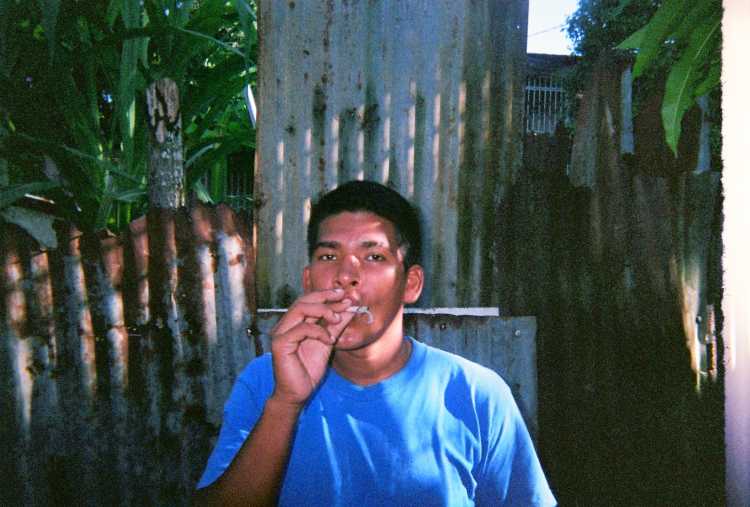
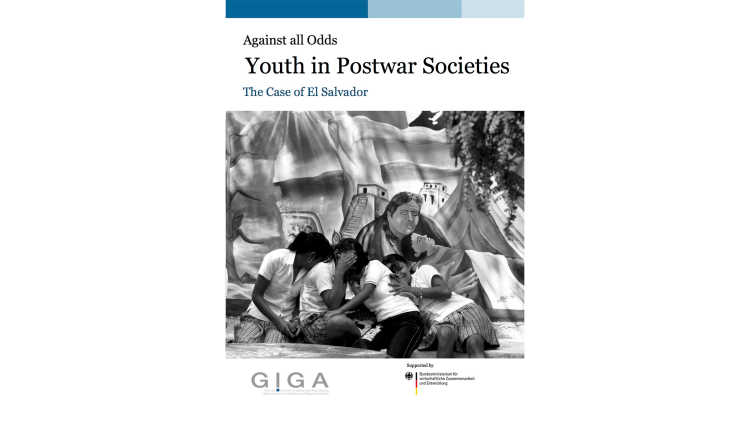
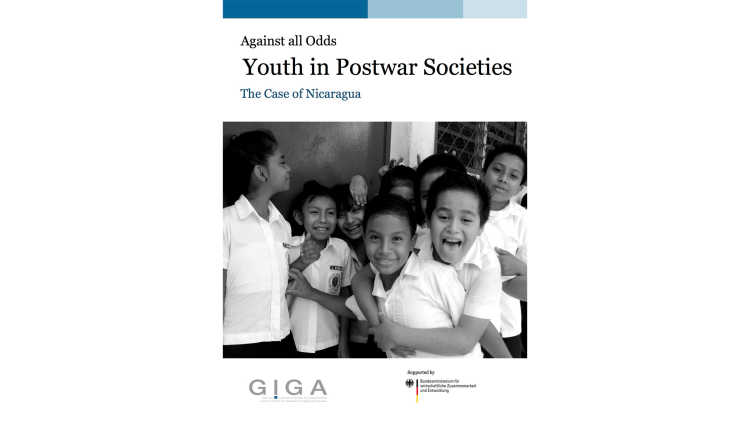























































Head

Research Questions
- How can young people transition into adulthood without using violence?
- Which actors and processes are relevant for successful youth transitions in post-war contexts?
Contribution to International Research
The project contributes to the research on conflict and transformation, which until now has rarely systematically investigated the role of youth in post-war contexts. Most research on youth in post-war contexts focuses either on deviant behaviour (violence) or on youths’ peace-building potential. Research on youth in situations of political transition seldom investigates developing countries or post-war societies. The specific mechanisms and processes influencing youth transitions to adulthood in these contexts are particularly under-researched, even though the interface between youth and society is highly relevant there. From a quantitative and a qualitative perspective, youth are extremely important actors in the social space of post-war societies as youth are an important share of the adult population and an important link between the past and the future. At the same time, patterns of youth integration (or exclusion) mirror the broader developments in the society in question.
Research Design and Methods
Theoretically, the project combines two strands of research that have generally been unconnected to date: theories on youth violence and concepts on youth civic engagement. Using the question of how young people can perform central status passages into adulthood as a point of departure, the project identifies different patterns of youth integration or exclusion. The research utilised a nested design. As a first step, we collected data on the risks of youth participation in violence (e.g. youth bulge, rapid urbanisation, lack of economic growth) for a sample of 27 post-war countries. From this group a small-N sample of post-war societies was identified according to a most similar design regarding risk factors. The second step consisted of a structured comparison of the ways young people manage transitions into adulthood (particularly into economic independence and political citizenship) in these difficult contexts. This comparison focused on similarities and differences between and inside the regions and cultures, urban and rural contexts, and male and female youths. Methodologically, this theoretically grounded structured comparison was done on the basis of field research (expert interviews, focus groups, primary data collection in collaboration with local partners). This multilevel comparison generated systematic knowledge on the interaction between structures (post-war societies) and actors (youth).
Preliminary Findings
The field research conducted in El Salvador, Nicaragua, South Africa, and Timor Leste provided evidence that most young people try to transit into adulthood by using the few possibilities provided by adult society. Major problems in all four countries are related to the lack of decent work despite the fact that youth have a better education than their parents. Regarding political participation, young people expressed frustration that their specific needs and ideas are largely ignored by adults in government and society. The generational bottleneck between the generation that fought the war and armed conflict (and now dominates the political system and the economy) and the first post-war generations can be considered a time bomb.




